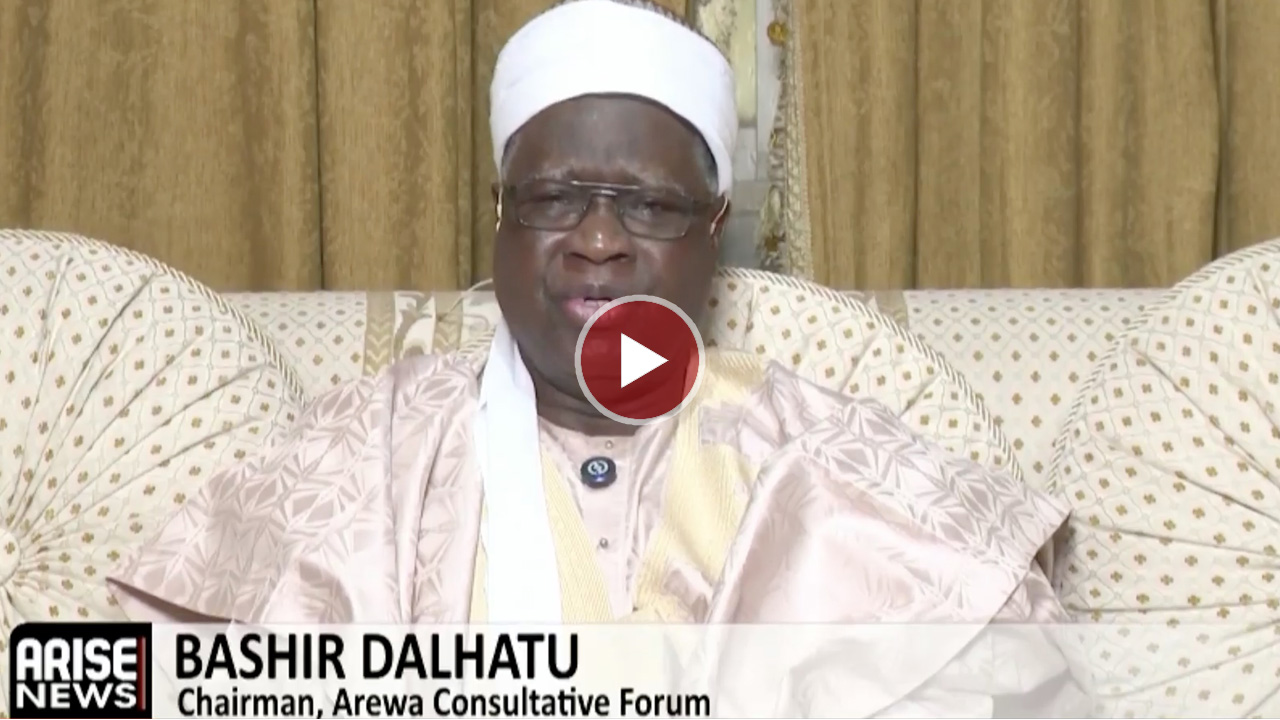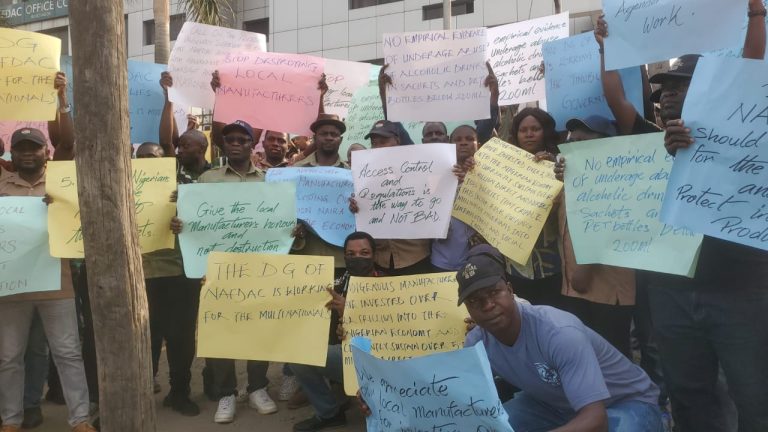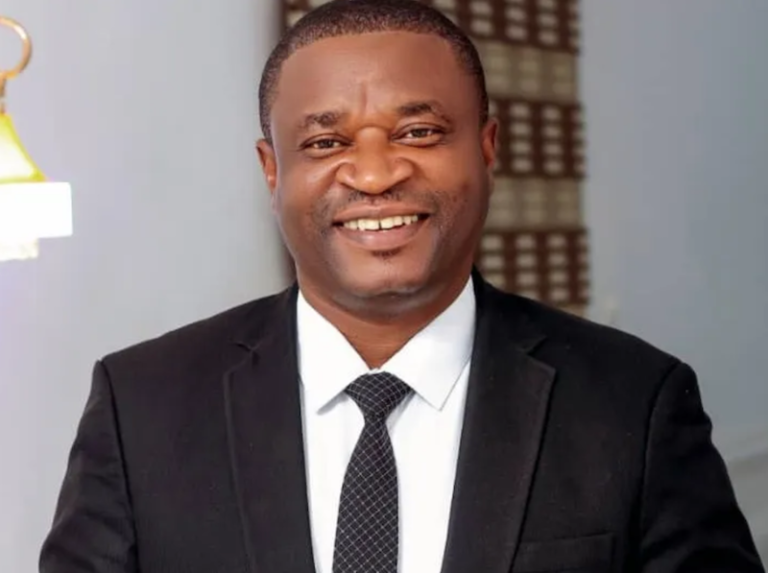
Chairman of the Arewa Consultative Forum (ACF), Bashir Dalhatu, has warned that both Boko Haram and armed bandits have effectively “declared war on Nigeria”, calling for a coordinated West African military response and urgent reinforcement of the country’s security architecture.
Speaking in an interview with ARISE News on Friday, Dalhatu said:“This problem has been going on for the last 16 years, starting from Boko Haram down to the bandits in the North-West and now the North-Central states. It has been very, very problematic. Governments have been trying in their own way to tackle this problem from the beginning, but unfortunately till now the problems have persisted.”
He noted a recent spike in attacks but also a renewed federal push:“Recently, we have seen a resurgence of attacks, but we have also noticed a resurgence of government determination to take care of it. We are very hopeful that this latest government determination will work well for all of us, so that we can get to the root of this problem and eliminate it.”
Explaining the nature of insecurity across the northern region, Dalhatu differentiated between extremist insurgency and profit-driven criminality.
He said:“From the beginning, we all know it started with Boko Haram in the North-East. That one is religious philosophy and ideology. They want to establish an Islamic state, and so they fight and kill anybody they believe is a hindrance to the attainment of their philosophy.”
He added that banditry in the North-West is driven primarily by money:
“When these bandits spread to the North-West, it appeared to be purely commercial. They are trading the lives and properties of individuals. They kidnap people, make money and they don’t have any particular philosophy they want to establish.”
The ACF chairman argued that the threat extends beyond Nigeria:
“Both Boko Haram and these bandits have declared war on Nigeria. And they are not only in Nigeria; they are in other parts of West Africa. I would have thought the governments and the West African ECOWAS community should have declared the same war on them and put together troops to fight them squarely.”
While acknowledging the government’s ongoing recruitment drive, Dalhatu advised a faster approach.
“I am quite happy that the government has now ordered the enlistment of more soldiers and security personnel. But I think a cheaper, more expedient way would be to re‑enlist or re‑admit retired soldiers and security personnel. They already have the experience and they know the environment very well.”
He argued this could facilitate the “complete elimination” of armed groups.
Dalhatu clarified the ACF’s position amid questions over participation in an emergency northern governors’ security meeting.
“The northern governors frequently meet in Kaduna, and the Arewa Consultative Forum is usually part of those meetings, especially when we have urgent issues. But essentially, our forum is an advocacy forum. We don’t have executive or legislative functions.”
He emphasised the ACF’s relevance:
“We are very, very important stakeholders. Arewa Consultative Forum is the creation of all the northern governors, all the northern emirs and chiefs, all the northern professionals and senior citizens. We collaborate with our governors and legislators so we can table urgent matters.”
But he acknowledged they do not have a permanent seat:“We don’t have a permanent seat in governors’ meetings, but we frequent it. We engage them, they invite us sometimes, and we ask to be invited sometimes.”
Dalhatu stressed that insecurity threatens all aspects of life in the region.
“Without security, all other things will not be attained. You cannot go to your farms. You cannot even earn a livelihood. The frightening aspect is that this thing is moving; it’s covering larger and bigger areas.”
Responding to criticism that northern leaders allowed socio-economic problems to fuel insecurity, Dalhatu admitted shortcomings.
“I am admitting it: partly it is our problem. We should have had a message that the large population we keep producing is going to cause a problem. We have about 15 million out‑of‑school children roaming the streets. If we had taken care of it at the beginning, it would not have grown to this volume.”
He said the ACF now prioritises skill acquisition:
“Our advocacy now is to encourage governments and individuals. We are going into skill acquisition for children who missed the opportunity to be in school, so they can be productive citizens. Last week in Kaduna, we established an endowment fund for skill acquisition and adult education.”
Asked whether the ACF supports negotiating with bandits, Dalhatu said a hybrid approach may be inevitable.
“There is a fierce debate between those who believe you do not win this kind of problem with only military approach and those who believe in talking and negotiating. A mixture of the two has been used successfully in many places.”
He referenced the Niger Delta model:
“When there was an amnesty programme in the Niger Delta, it worked perfectly. They were given amnesty, sent to school, came back and became integrated citizens. That aspect can be looked at in the North.”
However, he stressed the criminality of the acts:
“Most of these bandits have not had the opportunity to go to school. Government should extend hands of friendship but make it quite clear that what they are doing is illegal and criminal, and those caught in the process are punished.”
He added:“Negotiations take place, and a lot of times they are fought. That is the choice of those in authority. With the resurgence of government determination, I believe we will record a lot of successes.”
Responding to comparisons made by some clerics, Dalhatu was categorical.
“In Islam and in our ACF, killing of anybody—Christian or Muslim—is condemnable. Our position is that the life of a Christian is as good as the life of a Muslim. We do not look at people from the religious perspective.”
On the controversial view that kidnapping is a “lesser evil”, he replied:
“I think killing is a higher grade than kidnapping. If you give me a choice whether I should be kidnapped or killed, I will tell you to kidnap me and not to kill me. But both are condemnable and must be fought.”
On Sheikh Ahmad Gumi’s stance, he insisted:
“Everybody’s voice is valid. The constitution allows us to express our views. That does not mean the view is the correct one. But anybody can have a view.”
Reacting to public allegations that northern elites shield criminal groups, Dalhatu rejected the suggestion outright.
“If anybody would suggest that any sensible person in northern Nigeria would assist, collaborate or tolerate these killings and kidnappings, we are totally condemning it. People are suffering, people are being killed, losing limbs and losing livelihoods. Nobody in his right senses would know a killer or a kidnapper and tolerate such a situation.”
Boluwatife Enome


